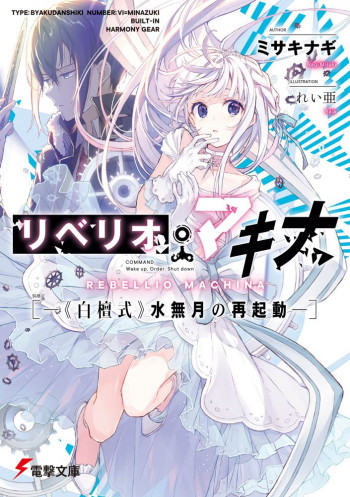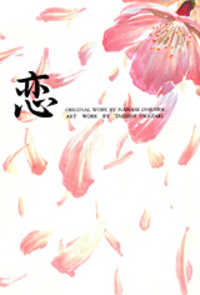Martial Peak Reviews
Gale Stanley's The Bathhouse is a poignant exploration of love, loss, and the intricate dance of rekindling a romance that once seemed lost to time. At its core, the novel is a testament to the enduring power of first love and the complexities that come with revisiting the past. Through the lens of Reed Barton and Joseph Castro's reunion, Stanley crafts a narrative that is both heartwarming and thought-provoking.
The story begins with Reed Barton, a millionaire who seemingly has it all. Yet, beneath the veneer of wealth and success lies a man haunted by the memory of his first love. The opening scenes set the stage for a journey that is as much about self-discovery as it is about rekindling a romance. Reed's longing for Joseph Castro, the beautiful Filipino man who took his virginity, is palpable and sets the emotional tone for the rest of the novel.
One of the most compelling aspects of The Bathhouse is its exploration of how time and experience can change individuals. When Joseph reappears in Reed's life, he is not the same person Reed remembers. This transformation is not just physical but emotional and psychological. Stanley does an excellent job of illustrating how life experiences can shape and sometimes harden individuals. Joseph's character is a testament to resilience and adaptability, and his evolution is both believable and relatable.
Reed's character development is equally noteworthy. As a protagonist, he is complex and multifaceted. His journey is not just about finding Joseph but also about confronting his own insecurities and fears. The novel delves into Reed's internal struggles, highlighting his vulnerability and the impact of his past decisions. This introspection adds depth to his character and makes his eventual reconciliation with Joseph all the more satisfying.
The themes of The Bathhouse are universal and resonate with anyone who has ever experienced the bittersweet nature of first love. The novel explores the idea that while people change, the essence of what drew them together can remain. This theme is beautifully encapsulated in Reed and Joseph's interactions, which are filled with both tension and tenderness. Their relationship is a dance of rediscovery, and Stanley captures the nuances of this process with sensitivity and grace.
In terms of narrative style, Stanley's writing is both evocative and engaging. The prose is rich with imagery, particularly in the scenes set in the San Francisco bathhouse. These moments are not just about physical intimacy but also about emotional connection and the power of memory. The bathhouse serves as a metaphor for the safe haven that Reed and Joseph find in each other, both in the past and the present.
Comparatively, The Bathhouse shares thematic similarities with works by authors like Andrew Holleran and Armistead Maupin, who also explore the complexities of gay relationships and the impact of time on love. However, Stanley's novel stands out for its focus on the intersection of race, identity, and sexuality. Joseph's Filipino heritage adds an additional layer of depth to the narrative, highlighting the challenges faced by interracial couples and the cultural nuances that can influence relationships.
Overall, The Bathhouse is a beautifully crafted novel that offers a fresh perspective on the timeless theme of first love. Stanley's ability to weave together elements of romance, drama, and introspection results in a story that is both compelling and emotionally resonant. The novel's impact lies in its ability to make readers reflect on their own experiences with love and the ways in which time can alter our perceptions of the past.
For readers seeking a story that is both heartfelt and thought-provoking, The Bathhouse is a must-read. It is a reminder that while we cannot change the past, we can learn from it and, perhaps, find a way to move forward with the ones we love. Stanley's novel is a celebration of love's enduring power and the hope that, despite the passage of time, it is never too late to find happiness.
























Reviews 0
Post a Reviews: